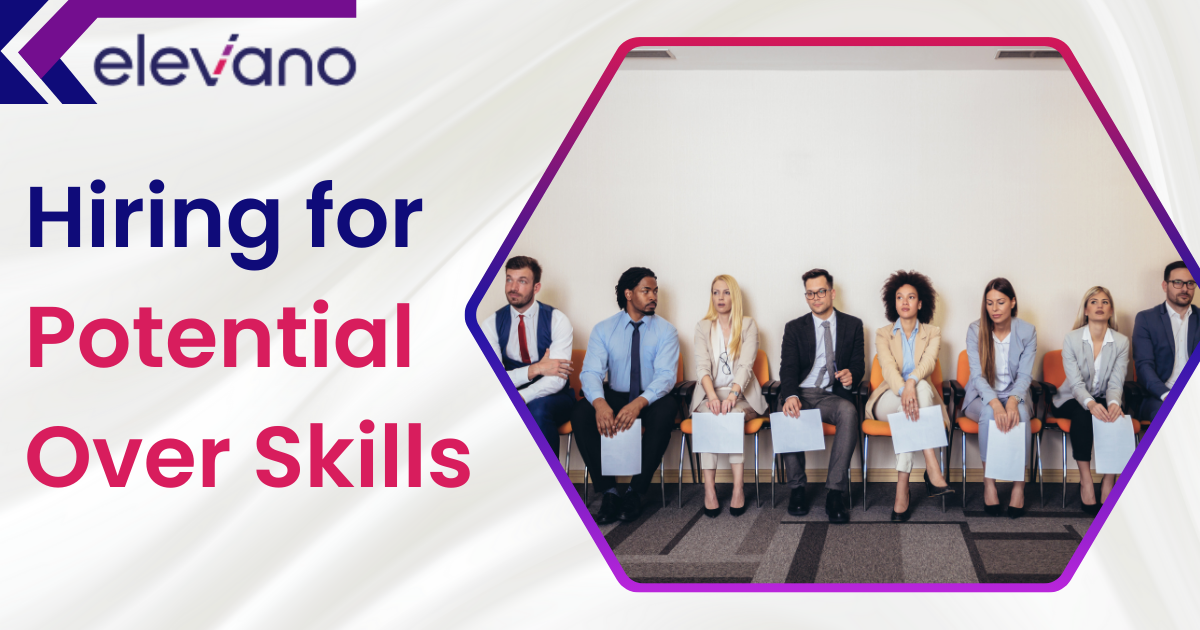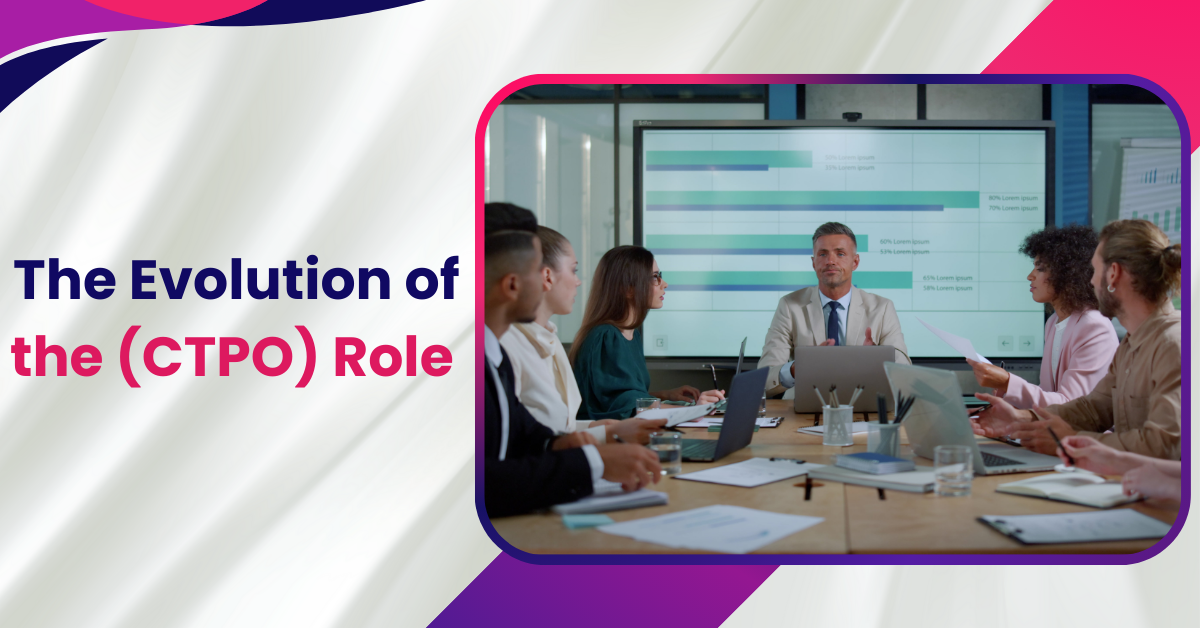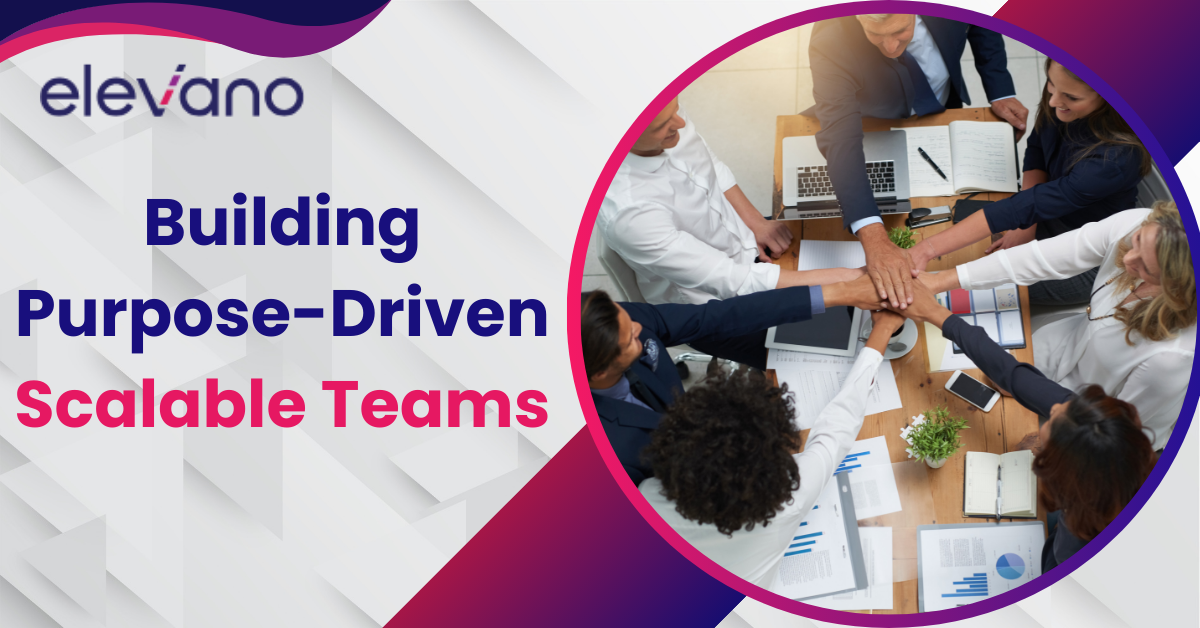Outline for the Long-Form Article
Finding the right engineer isn’t just about checking off programming skills. Many hiring managers fixate on technical expertise, but what truly makes an engineer successful? Is it mastering a specific language, or is it the ability to solve problems, adapt, and grow?
David Ayers, SVP of Engineering at Invitation Homes, believes the best hires are those with potential over proficiency—engineers who can learn, improve, and think critically. He shares insights on defining the right candidate without over-filtering, why mindset and growth matter more than technical perfection, and how structured yet flexible interviews lead to better hiring decisions. He also touches on how AI is changing the hiring landscape and what it means for the future of engineering roles.
Whether you’re hiring or job hunting, these insights will help you navigate the evolving job market and make smarter decisions.
Understanding the Engineering Hiring Landscape
Hiring engineers isn’t as straightforward as ticking off a list of technical skills. It’s part science, part intuition. A strong resume might highlight years of experience in Java or Python, but does that really tell you if someone will thrive in your team?
David SS, SVP of Engineering at Invitation Homes, doesn’t focus on whether a candidate has mastered a specific programming language. Instead, he looks for people who can learn and adapt. He believes technical skills can be taught, but curiosity, problem-solving, and the drive to improve are what truly matter.
One of the biggest mistakes companies make is over-defining the “perfect” candidate before they even begin hiring. Managers often create an unrealistic wish list—someone who checks every box rather than someone who can grow into the role. David Ayers warns against this, saying that companies should focus on core attributes rather than filtering out great candidates because they don’t fit an ideal mold.
So, how do you strike the right balance? Hiring shouldn’t feel like finding a needle in a haystack. Instead of fixating on rigid criteria, look at potential. A strong candidate may not have three years in a particular tech stack, but if they have the right mindset, they’ll learn faster than someone who just ticks the right boxes. A great hire isn’t always the most experienced—it’s the one who will push themselves to improve.
Hiring for Potential Over Skillset

Why Technical Skills Aren’t the Top Priority
Hiring engineers should be about potential, not just proficiency. While technical knowledge is important, David Ayers emphasizes that the best engineers aren’t those who already know everything but those who can learn and adapt quickly.
Many hiring managers make the mistake of filtering candidates too rigidly, rejecting those who don’t match every requirement on paper. But what happens when technology evolves? Someone locked into a single skill set may struggle, while an adaptable engineer will pick up new technologies and grow into a role.
David believes that a strong engineer isn’t defined by their ability to write code in a specific language but by how they approaches new challenges. Just like knowing Spanish makes it easier to learn French, understanding one programming language makes picking up another much simpler. The best hires aren’t those who fit perfectly today but those who will thrive tomorrow.
Key Attributes to Look for in Engineering Candidates
If technical skills aren’t the deciding factor, what is? According to David, the best engineers share three core traits:
- A drive for continuous improvement – Great engineers don’t just rely on what they already know; they constantly push themselves to learn and get better.
- Learning agility and problem-solving ability – When faced with something new, do they panic, or do they break it down and figure it out?
- Strong collaboration and communication skills – Writing great code isn’t enough; engineers need to work well with others and understand the broader goals of the business.
A team of engineers with these qualities will always outperform a group chosen solely for their technical experience. But hiring for potential requires a structured approach—otherwise, bias and inconsistency can get in the way.
How to Structure a Consistent and Fair Hiring Process
Recognizing potential is important, but how do companies reliably identify it? David’s team follows a structured approach to remove bias, ensure fairness, and assess problem-solving ability effectively.
The first step is standardizing interviews so that every candidate is evaluated consistently. This means:
- Asking behavioral-based questions to gauge critical thinking.
- Take structured notes instead of relying on memory.
- Balancing technical and soft skill assessments for a full picture of the candidate.
Random, unstructured interviews lead to biased decisions, where one interviewer focuses on casual conversation while another drills deep into technical details. Without consistency, comparisons become unfair. That’s why David’s team trains all interviewers in behavioral-based assessments and requires them to document key takeaways—creating a repeatable, fair process.
Blending Soft Skills and Technical Assessments
Technical skills matter, but they’re only half the equation. A great engineer who can’t communicate or collaborate can slow everything down. That’s why David’s team equally values soft skills and problem-solving abilities.
Their process starts with a behavioral interview to assess mindset, adaptability, and communication. Then comes the technical assessment—but with a twist: instead of testing for memorized knowledge, candidates solve real-world problems in any programming language they prefer.
The best candidates don’t just write code; they explain their thought processes, consider different approaches, and adapt. A structured process ensures candidates are judged fairly—not just on what they know but on how they apply their skills.
The Role of HR and Hiring Managers
Hiring is a team effort. HR ensures interviewers are trained, processes are followed, and candidates are evaluated fairly. Without this structure, hiring decisions can become inconsistent and subjective.
David’s company requires interviewers to take detailed notes, focusing on structured responses rather than vague impressions. This makes comparisons objective and prevents bias.
Another key factor? Alignment between hiring managers and recruiters. HR ensures that recruiters understand what technical teams truly need, avoiding mismatches and reducing wasted time. With a well-structured approach, companies hire engineers who don’t just meet expectations but exceed them.
The Impact of AI and Automation on Hiring Engineers
AI and Co-Pilot: Reshaping the Skillset Engineers Need
AI tools like Co-Pilot are changing the way engineers work, but does that mean companies should hire differently? David Ayers believes AI is shifting the focus from coding ability to problem-solving skills. Engineers who once spent hours writing boilerplate code are now using AI to handle repetitive tasks, which means companies need to rethink what they value in a candidate.
“AI can generate code, but it can’t understand business problems—that still requires human thinking,” David explains. Instead of testing engineers on how well they can recall syntax, hiring managers need to look at how candidates break down complex problems and structure solutions.
This shift doesn’t mean technical skills are useless, but it does change how companies evaluate talent. Engineers who can adapt, collaborate, and apply AI tools effectively will be far more valuable than those who simply rely on memorized coding knowledge.
Will AI Reduce the Need for Engineers or Expand Their Roles?
With AI handling more coding, some might assume fewer engineers are needed. But David sees it differently. “Every place I’ve worked, there’s always more work to do than people to do it,” he says. Instead of eliminating jobs, AI frees up engineers to focus on bigger challenges—ones that AI can’t solve on its own.
Rather than just writing code, engineers are being pulled into business problem-solving. As automation takes over routine tasks, software developers are spending more time working with stakeholders, understanding workflows, and designing systems that meet real-world needs.
David believes companies will still need strong engineers, but the best hires won’t just be great coders—they’ll be people who can think critically, work cross-functionally, and adapt to changing technology. The hiring process needs to reflect this by testing for problem-solving ability over technical trivia.
Now, here comes the good part—how do hiring managers avoid the trap of searching for the “perfect” candidate and instead focus on making smart, timely hires? Let’s break it down.
Avoiding the Perfection Trap in Hiring

The Myth of the “Perfect Candidate”
Hiring managers often hold out for an ideal candidate—someone who checks every box, has years of experience in the exact tech stack, and fits seamlessly into the team. But here’s the problem: that person might not exist.
David SS sees this mistake all the time. Companies reject solid candidates, hoping the next one will be just a little better. But as he puts it, “The next candidate isn’t necessarily better—they’re just different.” While waiting for perfection, teams delay hiring and lose great talent to competitors who move faster.
The reality? No one is 100% ready for a role from day one. A strong engineer with the right mindset will learn and adapt, but if hiring managers are too rigid, they’ll miss out on people who could have grown into the job. Instead of searching for flawless resumes, companies should focus on potential, adaptability, and problem-solving ability.
But there’s more—let’s talk about how companies can make smarter hiring decisions without overcomplicating the process.
Making Faster, Smarter Hiring Decisions
Dragging out the hiring process in search of perfection can backfire. David stresses the importance of limiting hiring rounds and making timely decisions. Long, drawn-out interviews don’t guarantee better hires—they often just frustrate candidates and slow everything down.
In fact, some companies with five or six interview rounds don’t see better hiring outcomes than those with two or three. The difference? The companies with fewer steps move faster, secure top talent, and waste less time on over-evaluating.
David’s approach is simple: make a decision based on real, structured evaluations rather than endless comparisons. If a candidate meets the bar, hire them—don’t wait to see if someone slightly better comes along. And if a hire doesn’t work out? Learn from it, adjust your process, and move forward.
Wrapping Up: Smarter Hiring for Stronger Engineering Teams
David’s advice is clear: stop chasing perfection and start hiring for potential. The best engineers aren’t the ones who check every box on paper—they’re the ones who learn fast, solve problems, and grow into bigger challenges.
A structured hiring process makes this easier. Fair, consistent interviews, balanced skill assessments, and clear hiring decisions help companies find engineers who will thrive. AI is already changing how engineers work, and companies that prioritize adaptability over rigid skill sets will build stronger teams.
The key takeaway? Make decisions with confidence. A long hiring process doesn’t mean a better hire—it just increases the risk of losing great talent. Focus on clarity, consistency, and hiring people who will grow with your company.




